Every brand wants longevity, but not all can keep up with the pace of change or pressure of competition. Sometimes, it’s knowing when not to reinvent the wheel or when to stop handing out irrelevant stuff.
The companies mentioned in this article offer hard-earned lessons in what not to do.
JCPenney Misunderstood What Shoppers Actually Valued

Credit: flickr
In 2012, JCPenney tried to "simplify" shopping by ditching sales for straightforward pricing. But without those juicy red markdown tags, customers bailed. Even though prices were technically lower, the feeling of getting a deal disappeared, and so did the shoppers. By 2020, bankruptcy sealed the deal.
Moviepass Offered Too Much for Too Little
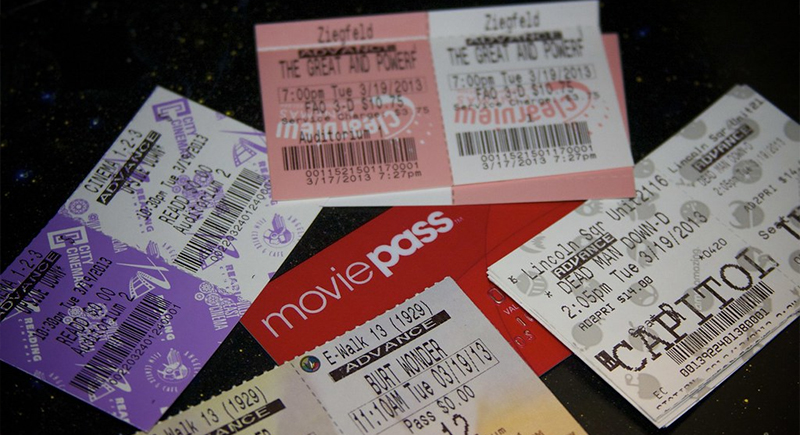
Credit: flickr
Here’s a classic case of “what were they thinking?” MoviePass promised unlimited movies for a price barely higher than a bucket of popcorn. It turns out that people really like movies, and they went wild. The company hemorrhaged cash, customer trust eroded, and by 2020, MoviePass faded to black.
Blockbuster Underestimated Netflix—Twice
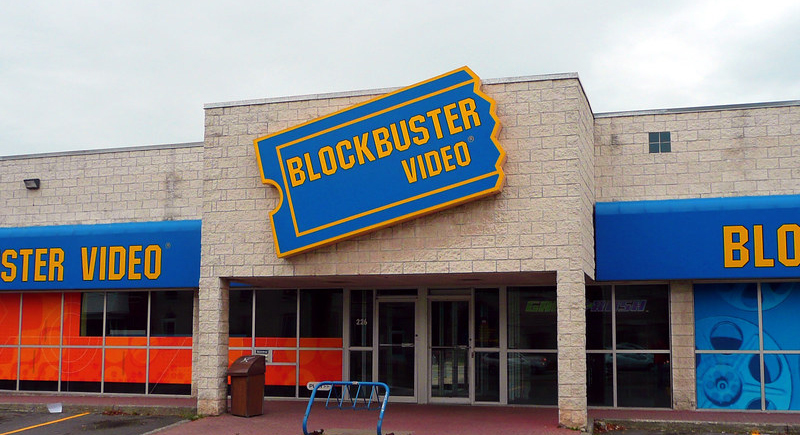
Credit: flickr
First, Blockbuster laughed off Netflix. Then, they turned down the chance to buy Netflix. Twice. Add to that a late and clunky attempt at streaming, and you’ve got the makings of a business tragedy. Today, there's only one Blockbuster store left in Oregon. Talk about losing opportunities!
Kodak Ignored Its Own Innovation
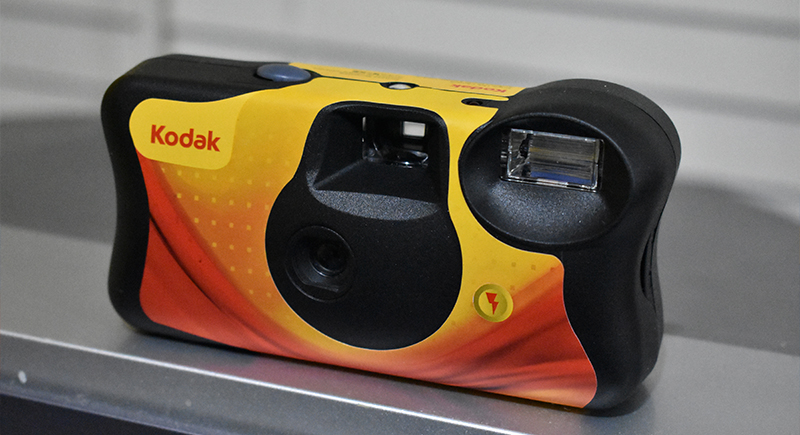
Credit: Wikimedia Commons
Fun fact: Kodak invented the digital camera in the 1970s and then hid it. No wonder they filed for bankruptcy in 2012. They feared it would eat into their film sales, and thus they buried their own innovation. By the time they realized digital photography wasn’t just a trend, it was too late. Competitors zoomed ahead, and Kodak was left behind.
Yahoo Walked Away From Google And Facebook
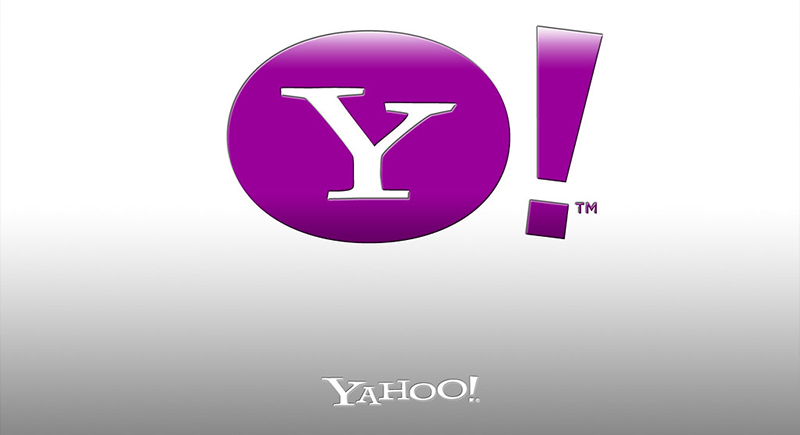
Credit: flickr
Once upon a time, Yahoo had the chance to buy Google. Later, they lowballed a deal for Facebook. Instead of focusing on their strengths, they zigzagged into media and missed the shift in how users consumed content. In 2017, Yahoo was sold to Verizon for a fraction of its former value—more like a clearance sale.
Borders Helped Amazon—And Hurt Itself
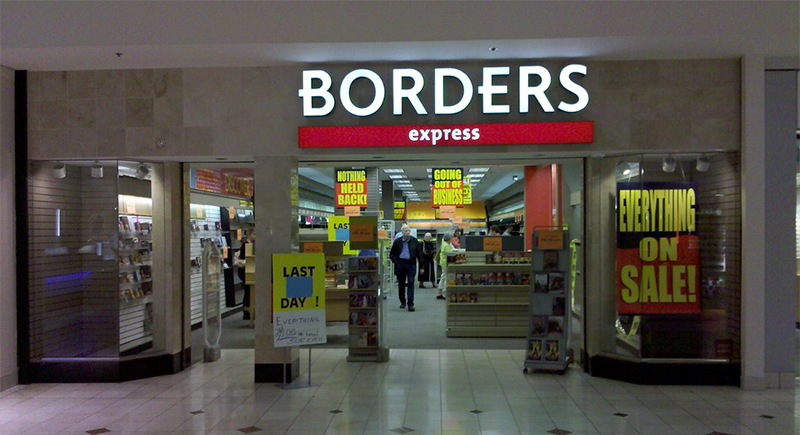
Credit: flickr
Borders made one of the strangest moves in retail—outsourcing its online book sales to Amazon. Yes, that Amazon. As the world went digital, Borders clung to brick-and-mortar and completely fumbled the e-book revolution. By 2011, the pages had turned on the once-loved chain.
Blackberry Stayed Loyal to the Keyboard
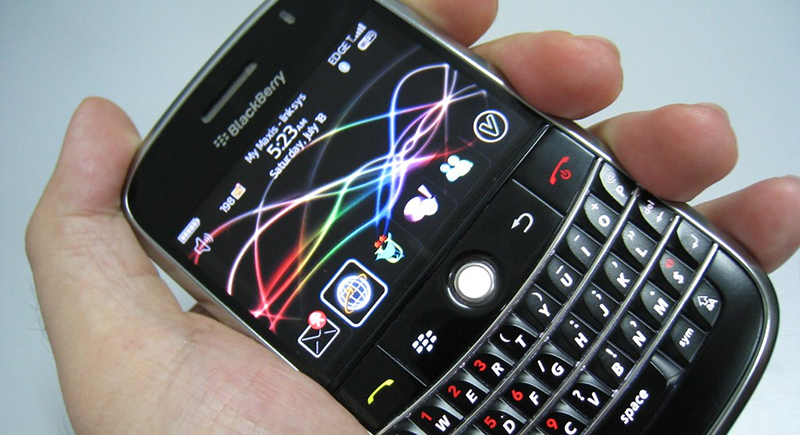
Credit: flickr
BlackBerry stopped making phones entirely, even though they had a loyal fan base of keyboard-tapping professionals. The business assumed these loyal users would never leave. However, Apple changed the game to touchscreens, and BlackBerry was slow to adapt. When it finally caught up, the party was over. By 2017, it stopped making phones entirely.
Nokia Refused to Shift When It Mattered
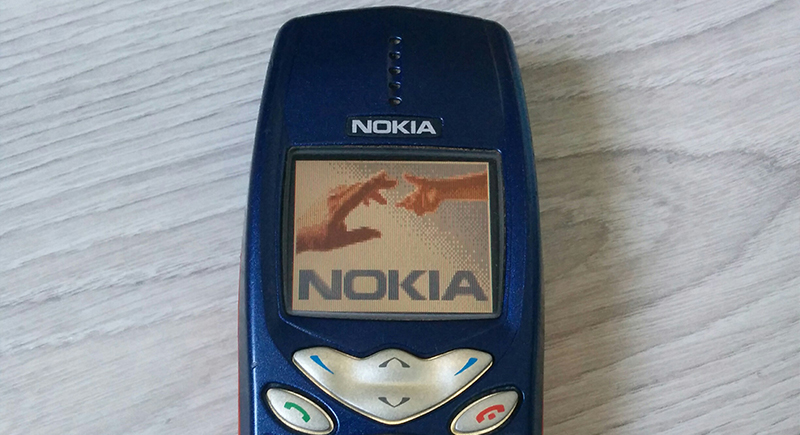
Credit: Wikimedia Commons
Nokia dominated the mobile world until it didn’t. Instead of accepting and keeping up with Android or launching its own smart system, it partnered with Windows Mobile, a platform no one was excited about since it offered outdated or limited features.
Myspace Ignored Facebook’s Momentum
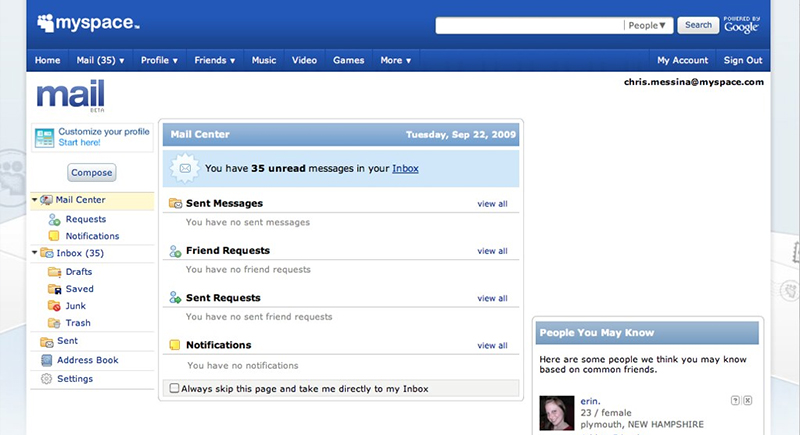
Credit: flickr
MySpace had a head start in the social game, but it passed on buying Facebook and kept an interface that felt like glittery chaos. Meanwhile, Facebook kept things clean and easy. Then there came a time when MySpace tried to pivot to music. Unfortunately, its audience had already hit the unfollow button.
Red Lobster Underestimated Appetites and Costs
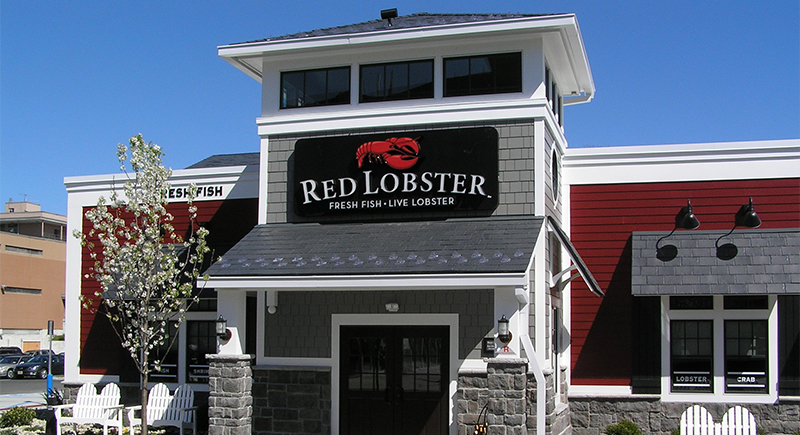
Credit: Wikimedia Commons
In 2003, Red Lobster launched an all-you-can-eat snow crab promo. Customers treated it like a personal challenge. Between crab prices and massive appetites, the promotion cost the company over a million dollars a month and contributed to its financial downturn and leadership shakeup.
David’s Bridal Discounted Itself Into Debt
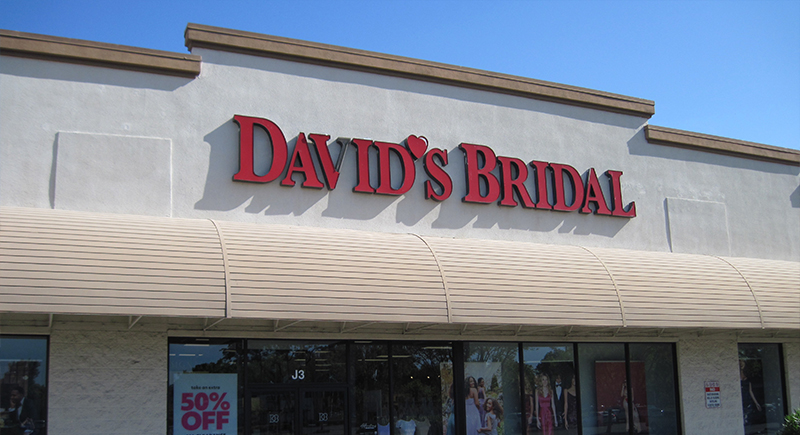
Credit: Wikimedia Commons
Weddings are expensive, but David’s Bridal tried to ease the burden with deep discounts—without balancing the books. After a leveraged buyout and rapid expansion, it found itself swimming in debt. A 2018 bankruptcy followed, and the brand has been trying to find its footing ever since.
Photobucket Priced Itself Out of Relevance
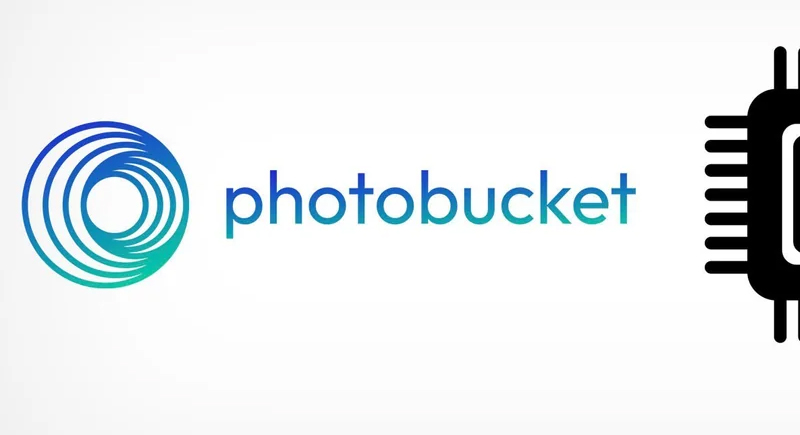
Credit: Reddit
In 2017, Photobucket suddenly charged users a $399 annual fee for hosting images—no warning, no warm-up. Loyal users bolted, memes disappeared across the web, and the brand basically vanished from the digital mainstream. Competitors like Google Photos filled the gap effortlessly.
Virgin Megastores Stalled on Streaming
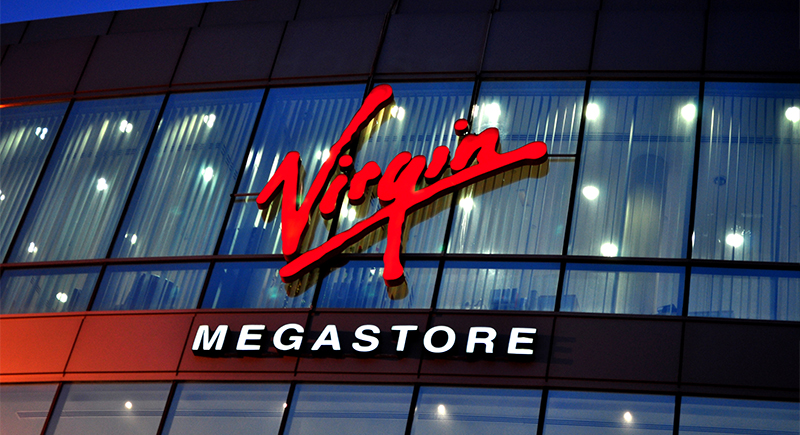
Credit: Wikimedia Commons
This music retailer leaned on CDs and in-store events far too long. By the time digital downloads and streaming became dominant, Virgin hadn’t adapted or diversified enough to survive. It closed its U.S. stores by 2009, another casualty of the music industry's digital transformation.
A&W Misread Consumer Math
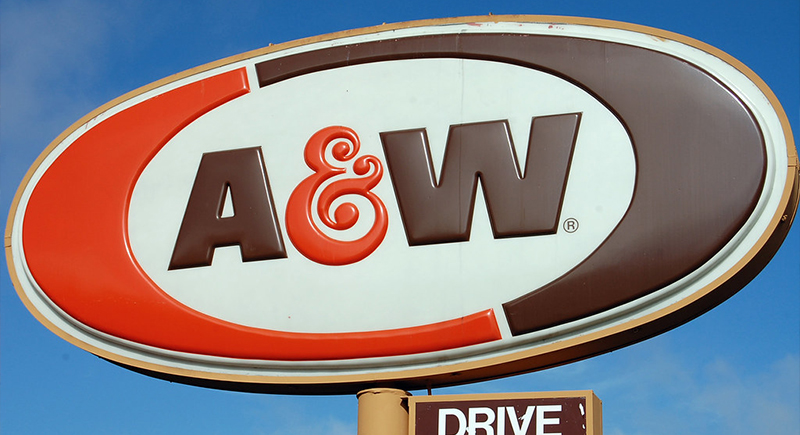
Credit: flickr
To beat McDonald’s Quarter Pounder, A&W launched a third-pound burger for the same price. It flopped. Why? People thought 1/3 was less than ¼ since three is smaller than four. No joke. A focus group revealed that customers thought they were getting less meat.
Circuit City Cut Experience and Paid the Price
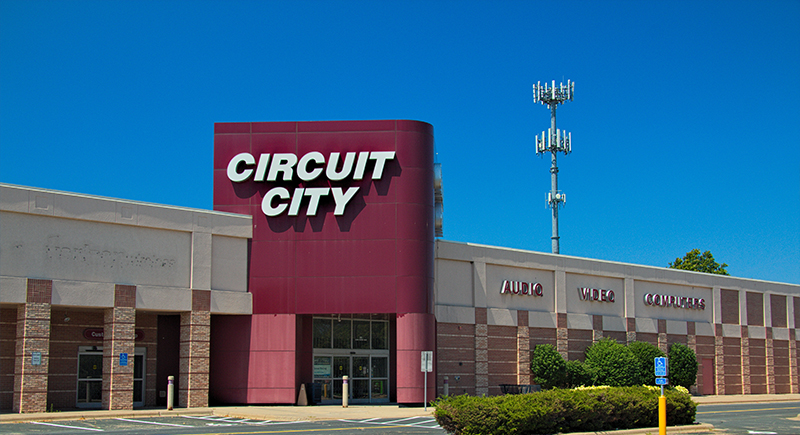
Credit: Wikimedia Commons
In 2007, Circuit City laid off its most knowledgeable employees to save money, and by the end of 2008, it had closed 155 stores after filing for bankruptcy. It happened because lower-cost, inexperienced staff couldn’t guide customers or manage inventory well. That misstep, paired with rising competition and poor strategic decisions, put massive locks on this business.
